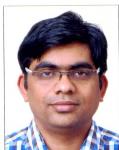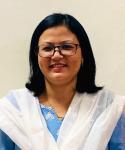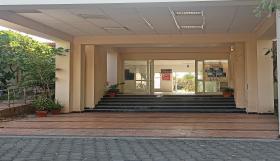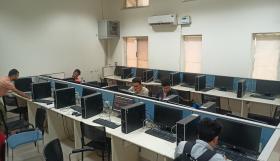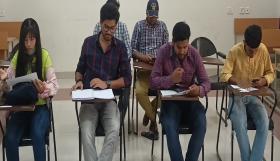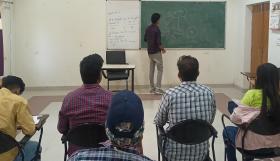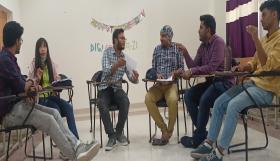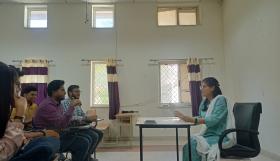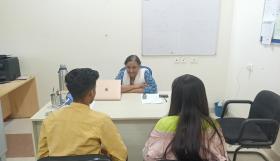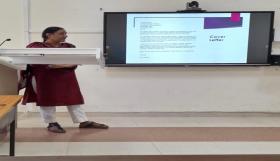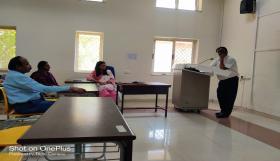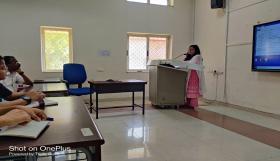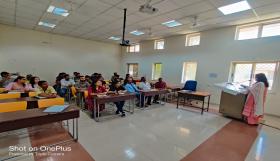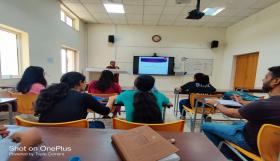The Central University of Rajasthan introduces a new interdisciplinary Academic Department, Department of Society-Technology Interface (DSTI) to cultivate research and teaching to the post-graduate and research programme to the students from diverse educational backgrounds by linking two advanced streams of knowledge- Science and Technology and Social Sciences to look for better career opportunities and stay competitive. Indian society and economy is completely transferred owing to the intrinsic role played by the ICTs.
The country is progressing exponentially towards reaping the developmental dividends arise out of the fast process of digitalization of society. The social-cultural-political-economic-policy narratives are completely shaped and consolidated around the uses of digital tools and technologies. Undoubtedly the country is in the midst of ‘digital society’. Reflection is felt around the development of futuristic academic discourses on “what can be” and “what ought to be” of that transformative process. Such Academic Department also envisaged with the larger understanding of modern-day technology and big-data and analytics that they play in public policy and society.
We now stand at the brink of data-driven transformation where these data can be harness to derive meaningful insights that can help Business organizations, Government, Science, Technology and various other fields for better functioning. Data science, or data-driven science, is an interdisciplinary field that uses scientific methods, processes, algorithms and systems to extract knowledge and insights from data in various forms for the purpose of decision making. The need to translate the impacts of data sciences and digital technologies on the society, polity, politics, culture, the policy has driven the formation of the Department.
The Department provides two very innovative programmes to the students and academic community, the first time ever in any Indian Universities: Two Year M.Sc in Digital Society and Two Year MA in Cultural Informatics. While M.Sc in Digital Society started with the active academic collaboration with International Institute of Information Technology (IIIT), Bangalore, MA in Cultural Informatics started in collaboration with Indira Gandhi National Centre for the Arts (IGNCA), New Delhi.

